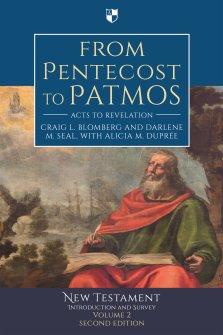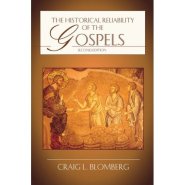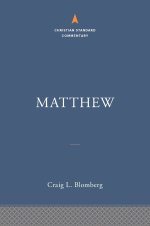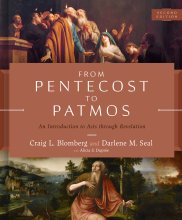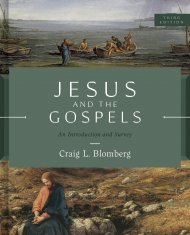Many people continue to believe that only a small percentage of the New Testament accounts of the life and teachings of Jesus of Nazareth reflect what he really said and did. The reasons for scepticism may vary over the years, but some arguments have proved remarkably persistent for example, the Gospels were not written by people in a position to know what Jesus was like, primitive cultures believed in miracles that we know are impossible, theological interest precludes historical accuracy, non-canonical texts disprove the stories in the Gospels, and so on.
Such claims are in fact weakly supported, or have actually been disproved. However, various issues contribute to the complexity of the question of the Gospels' trustworthiness, and disagreements remain. Furthermore, confusion has been compounded by fiction promoted in popular culture, or by eccentric, unrepresentative scholarship.
Since its first appearance in 1987, Craig Blomberg's response to scepticism in The Historical Reliability of the Gospels has been widely appreciated. Fully revised and updated, this new edition takes account of the vast amount of relevant scholarship that has appeared over the last two decades.
Ranging over a wide field differences between parallel accounts of the same event, the striking contrast between John and the Synoptic Gospels, the theological interests of the evangelists, the miracles of Jesus, the testimony of extrabiblical sources, and critical assessment of historical methods Professor Blomberg presents a thorough, informed engagement with the main issues in the ongoing debates. Deliberately refusing to appeal to the inspiration of the Bible or to church tradition, he convincingly demonstrates the overall historical reliability of the Gospels.

Trustpilot


